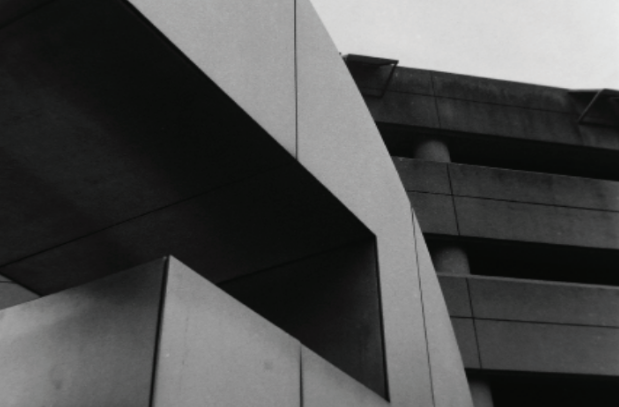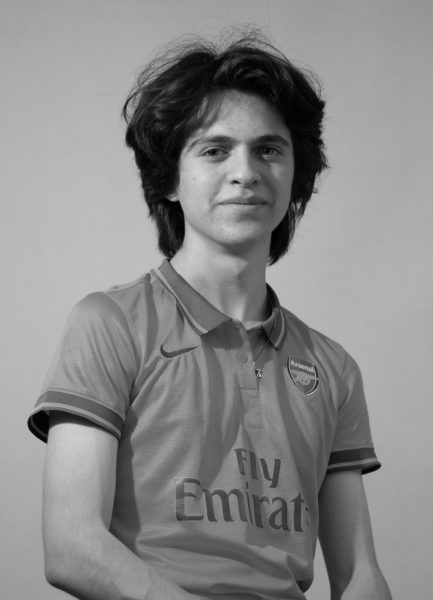Kendall, Central, Harvard, Porter, and Davis are not only Red Line stops, but also vibrant squares of the Cambridge community, dating back to the eighteenth and nineteenth centuries. However, this pattern comes to a screeching halt at the final stop, Alewife.
In 2020, Integrated Quest for Human Quality (IQHQ), an innovative life science research corporation, purchased several buildings awkwardly sandwiched between Alewife Station, Mass. Ave, and Alewife Brook Parkway; the multipurpose property is called the GCP Applied Technologies campus. Construction on the GCP Applied Technologies campus has been ongoing since August 2022, with the goal of creating a modern, sustainable community space that improves the quality of zones surrounding Alewife Station and Russell Field.
IQHQ promises to check off most if not all of the boxes in terms of community benefits in their work, including ongoing maintenance and a raised wooden boardwalk around Jerry’s Pond, adding a new plaza surface behind the Russell Field exit of the station, and a community garden.
The corporation has also partnered with community groups such as Alewife Study Group, Green Cambridge, Mass Audubon, and Friends of Jerry’s Pond to ensure the successful completion of the ambitious project. The small man-made Jerry’s Pond, which is expected to receive restoration through the project, is located directly across from the Rindge Towers on Rindge Avenue, and is blocked off to the public due to lingering toxic chemicals from clay mining in the 1800s.
In March 2024, the Cambridge Day quoted Erin Grunebaum, co-founder of Friends of Jerry’s Pond, claiming that there had been “a real failure of imagination by the city administration […] in addressing climate change. What we proposed was five times the tree coverage that IQHQ proposed along Rindge Avenue, which would create a new green, equitable space [at Jerry’s Pond].” As Jerry’s pond has been in dire need of TLC for so long, it would be disappointing if it were not included in the plan for Alewife Park.
The contrasts between a wildlife reservation, an aging MBTA station, and neighborhoods born from gentrification and urban renewal make Alewife’s renovation a difficult one. Green Cambridge’s February Alewife Community Health Action Plan reads, “The area surrounding the Alewife Brook Reservation is constantly changing, both in social strata and infrastructure, and it can be very difficult for community members to monitor these changes in real time.” They further emphasized understanding how development and construction in Alewife impacts the community, including the potential future effects on both people and the environment.
CRLS students have continued to express their concerns regarding the situation. Ellis Anderson ’27 offered, “The construction across from Russell Field has been going on for a while. They’ve been putting up new apartments on Route 2 but still haven’t gotten to addressing [Alewife].”
It is comforting to know that others are passionate about the cause too. In a December 2024 Cambridge Day article on conscious improvements to Alewife, contributing correspondent Greg Harris writes, “we’re not just a collection of people who happen to be here: We’re what the city is, the living conduit between its inheritance and its legacy.”
This article also appears in our March 2025 print edition.














